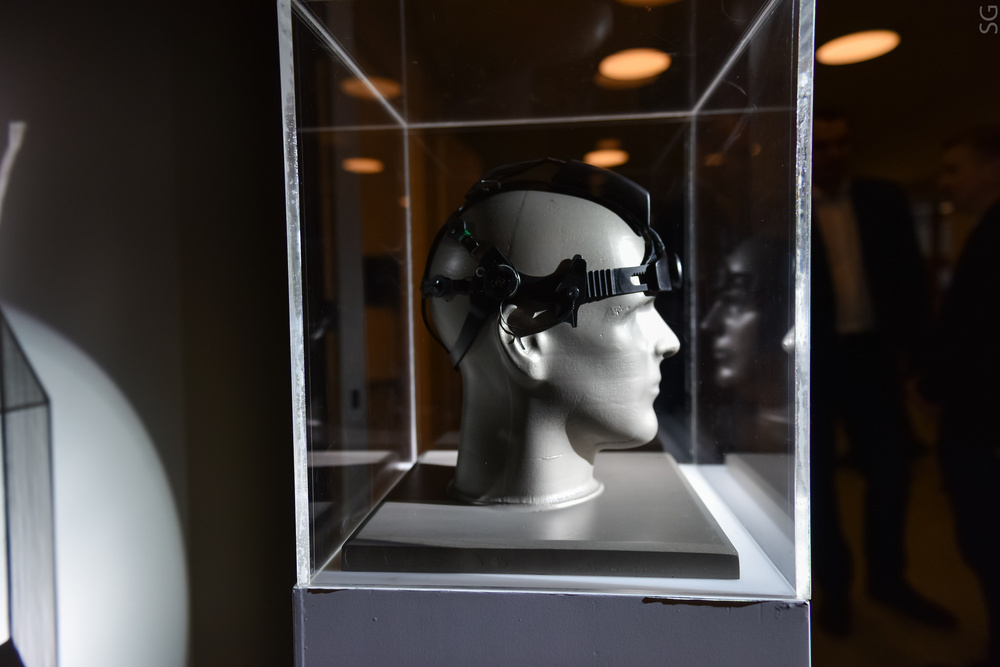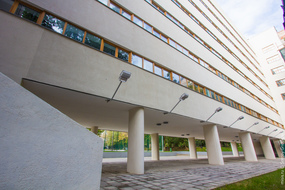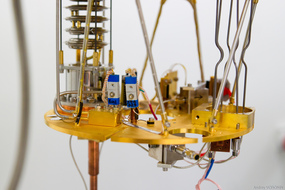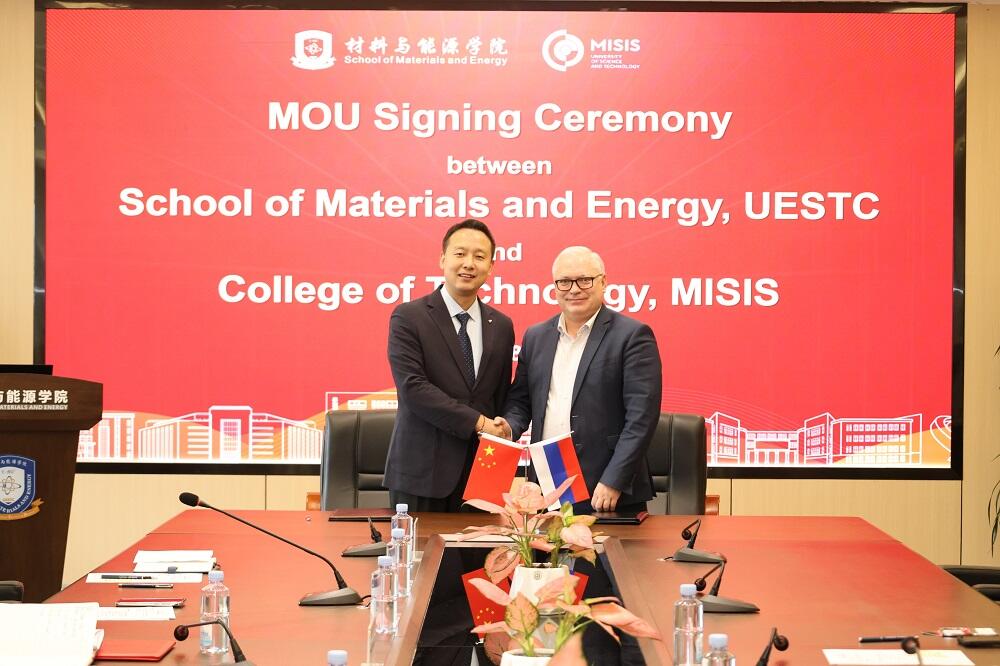NUST MISIS will create a National Center of Technological Initiative for end-to-end “Quantum Communication” technology. The University won the Russian Venture Company contest, which was held with the Russian government’s support for the National Center of Technological Initiative. The Center’s planned financing is approximately 2 billion Rubles from now to 2020.
The Center, together with the Russian Quantum Center, plans to develop such scientific projects as quantum key distribution and quantum cryptography, to look for engineering vulnerabilities from quantum cryptography, to develop a theory of quantum communications and its basic components, and a reserve for distributed quantum calculations and interfaces. In addition, a large block of the Center`s activities will be devoted to education — together with the NUST MISIS Department for Theoretical Physics & Quantum Technologies, the Center will conduct training for Master`s and Postgraduate programs.
“The two operating laboratories at the NUST MISIS Quantum Center — ‘Quantum Communications’ and ‘Analysis of vulnerabilities of quantum communications’ — will be included in the new Center. A new consortium led by NUST MISIS, which in addition to the Quantum Center includes the Steklov Institute of Mathematics, RANEPA, TSU, as well as a number of small innovative enterprises specializing in quantum communications, was created for the full realization of the planned direction”, said Alevtina Chernikova, Rector of NUST MISIS.
The Center will do much more than even breakthrough scientific research and training for world-class specialists however, as it plans to also organize specialized conferences and popular scientific events, and to create and develop commercial projects in the field of quantum communications.
The Center’s planned financing is approximately 2 billion Rubles from now until 2020, including more than 1 billion in extra-budgetary funds. According to the Center for Quantum Communications, the share of extra-budgetary funding for the project will be equal to the budget within five years. In the future, the Center is expected to have no trouble paying off the investments.




